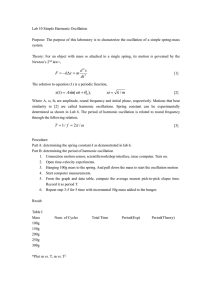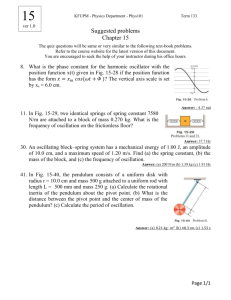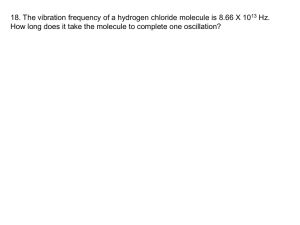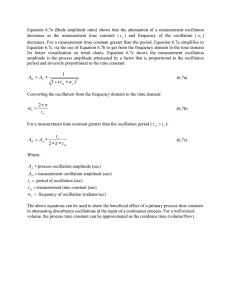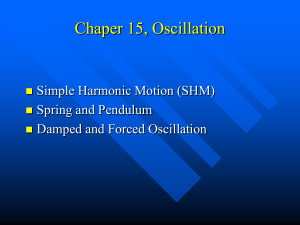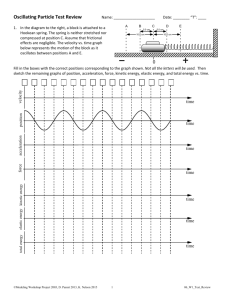PSYC 4380 Final Exam
advertisement
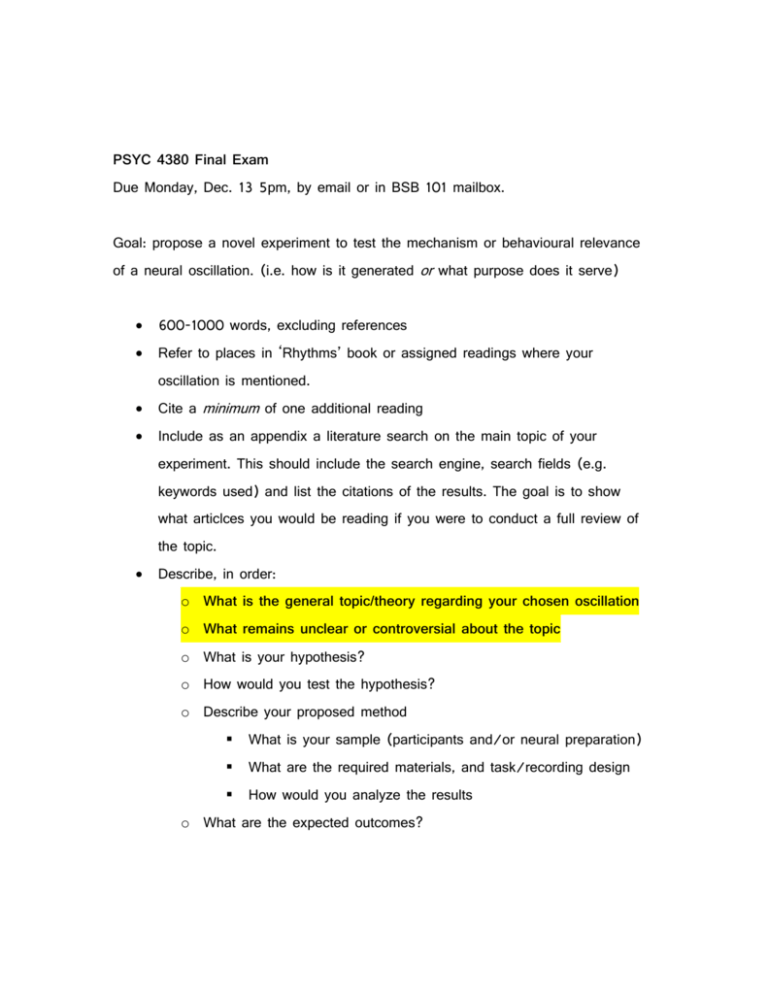
PSYC 4380 Final Exam Due Monday, Dec. 13 5pm, by email or in BSB 101 mailbox. Goal: propose a novel experiment to test the mechanism or behavioural relevance of a neural oscillation. (i.e. how is it generated or what purpose does it serve) 600-1000 words, excluding references Refer to places in ‘Rhythms’ book or assigned readings where your oscillation is mentioned. Cite a minimum of one additional reading Include as an appendix a literature search on the main topic of your experiment. This should include the search engine, search fields (e.g. keywords used) and list the citations of the results. The goal is to show what articlces you would be reading if you were to conduct a full review of the topic. Describe, in order: o What is the general topic/theory regarding your chosen oscillation o What remains unclear or controversial about the topic o What is your hypothesis? o How would you test the hypothesis? o Describe your proposed method What is your sample (participants and/or neural preparation) What are the required materials, and task/recording design How would you analyze the results o What are the expected outcomes? e.g. an increase in xxx following manipulation Y would be taken to indicate that [your oscillation] is/does/is the result of [what you stated in your hypothesis]. Include alternate explanations or dissociations o Describe any limitations or potential pitfalls o Indicate why this experiment is important, in the bigger picture. Note: remember your target audience. The highlighted parts above are the most critical, because they will indicate that you understand the theories about what you’ve read. We will be somewhat forgiving if you don’t know all the details of a given technique, but you should tailor your experiment and method to the question at hand. Don’t ask “where in the brain” and suggest using intracranial single-electrode recordings to hunt all over neocortex, and don’t propose to investigate ms-timescale synchrony with standard fMRI techniques.
